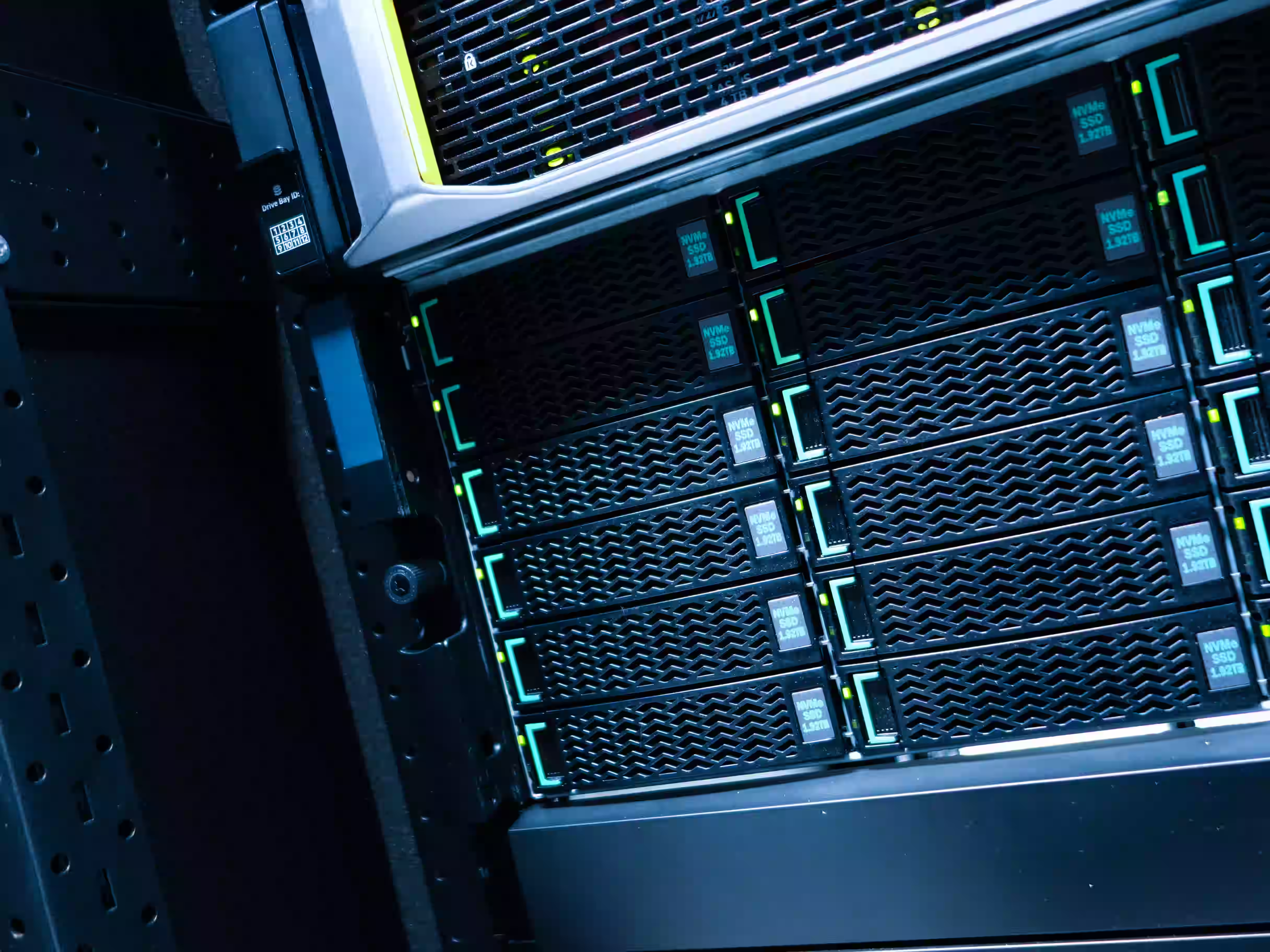Why Managed Private Cloud is the Future of AI Workloads
As artificial intelligence continues to evolve and scale across industries, the infrastructure behind AI becomes more crucial than ever. While public cloud platforms have powered many breakthroughs, organizations are increasingly exploring managed private cloud environments to meet the growing demands of AI—offering performance, control, and compliance benefits that are hard to ignore.
What is a Private Cloud?
A managed private cloud is a cloud computing environment dedicated to a single organization. It offers the scalability of cloud with enhanced control over data, security, and compute resources in a secure data center. The solution is practically turnkey and managed by the service provider.
Why AI Workloads Need a Private Cloud
1. Data Privacy and Compliance
AI training often requires massive datasets—many of which contain sensitive or regulated information. A managed private cloud enables:
- Full data residency control
- Easier compliance with SOC2, HITRUST, HIPAA, GDPR, or internal governance
- Reduced risk of data leakage or external access
2. Performance and Customization
AI workloads (especially training deep learning models) demand high-performance computing:
- Tailored infrastructure (GPUs, TPUs, NVMe storage)
- Dedicated bandwidth for large data throughput
- Optimized environments for model training and inference
3. Cost Predictability
While public cloud costs can balloon with scaling AI workloads, private clouds offer:
- Flat-rate or more predictable pricing
- Reduced long-term costs for consistent, heavy use
- Avoidance of surprise billing for data egress or peak compute
4. Security and Isolation
Managed private clouds allow for isolated compute environments:
- Complete control over network security policies
- Air-gapped infrastructure for highly sensitive projects
- Enhanced defense against side-channel attacks
Use Cases
- Healthcare AI: Private clouds enable medical AI models to be trained on patient data without violating HIPAA.
- Financial Services: Fraud detection models can analyze sensitive transactions securely.
- Manufacturing: AI-powered predictive maintenance runs closer to the edge with minimal latency and full data ownership.
Private vs. Public Cloud for AI
Hybrid & Multi-Cloud Options
Managed private cloud doesn’t mean abandoning public cloud. Many organizations adopt a hybrid cloud model—training AI models in private environments and deploying inference at the edge or on public platforms. This offers the best of both worlds: control and flexibility.
Challenges to Consider
- Understanding requirements for GPU and platform tools to best suit your AI projects
- Additional AI platform software costs may be needed
- Underestimating GPU needs to accomplish model training for larger models with more data
But for organizations with long-term AI ambitions, these are often seen as investments in sovereignty and efficiency.
Final Thoughts
As AI becomes more embedded in critical business processes, infrastructure choices become strategic decisions. A well-architected private cloud can be the cornerstone of scalable, secure, and cost-effective AI operations—empowering innovation without compromise.
Need help designing a private cloud strategy for AI? Reach out to our cloud architects to explore solutions tailored to your organization.
Get in touch
_ Get a tailored estimate based on your unique infrastructure needs. Understand your costs and scale with confidence.












